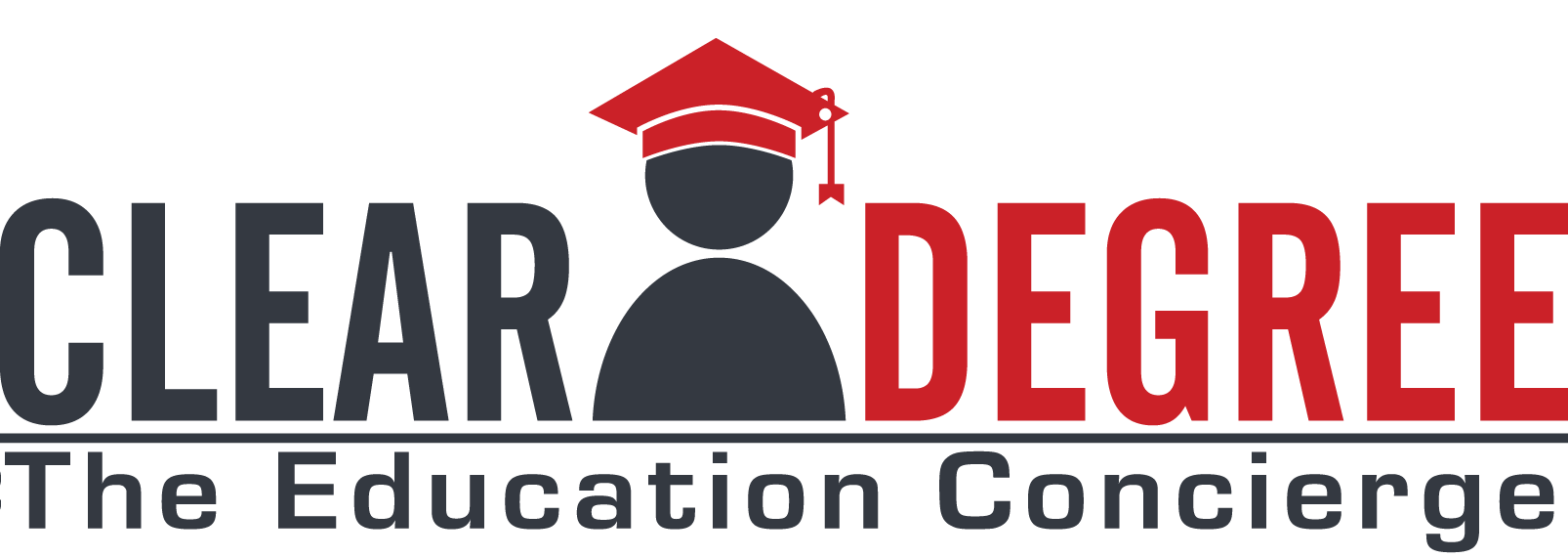Is Tuition Reimbursement Taxable? A Guide

The upside to employer-sponsored educational benefits is well known; an educated workforce is a more qualified and effective workforce. That’s not to mention the value of building employee loyalty through supporting their professional growth. For the employee, the benefits can’t be argued. They get built-in funding to support their professional development without having to fight for it.
However, educational benefits provide more than just the professional growth value. They also benefit the tax situation for both employees and employers. Yes, taxes—a word that causes stress in most peoples’ minds especially this time of year. You might be wondering: is tuition reimbursement taxable? We’re often intimidated by tax code and feel unsure of how to find tax breaks that certain opportunities create. When taken piece by piece, though, the tax implications of tuition reimbursement are friendlier than one might expect.
The Dollar Value of Educational Benefits
In the world of taxes, the magic number is $5,250. This is the amount that both employers and employees are able to deduct as tax-free income to be used on education. For each party, the upside is significant. Employers get to deduct $5,250 from their FICA and FUCA payroll taxes for each participating employee. For the employee, these are thousands of tax-free dollars that they get to take home and use for their direct benefit.
However, everyone needs to be apprised of the requirements that come with these deductions. The IRS has several rules in place to ensure that this income is spent solely on programs that match certain criteria. For instance, the funds do not count towards education if the program of study is a sport or a hobby that does not pertain specifically to the nature of the employee’s work. Additionally, employees can spend any number of these dollars on school supplies like notebooks and textbooks, but not on long-term assets like laptops and printers that would help with education but be usable long after the studies are complete.
Payments in excess of $5,250 can still be included in employee benefits packages. That said, all funding over the magic number are considered to be taxable income by the IRS. This means that tuition reimbursement in excess of this amount cannot be deducted and must be declared as income.
There’s a lot of work that goes into making sure you are on the up-and-up with the IRS regarding your education benefits programs. For instance, they require a written plan and notice to employees. The plan has to meet requirements like ensuring that these education benefits are not handed over to family members or dependents, that the benefits not be offered in various forms of payment like cash, and that they are equal opportunity and don’t favor high-level employees.
Partner organizations can help you navigate the challenges of maximizing your tax deductions from your tuition assistance program. Contact ClearDegree and learn how our innovative education benefits could impact your workforce and your business objectives.

